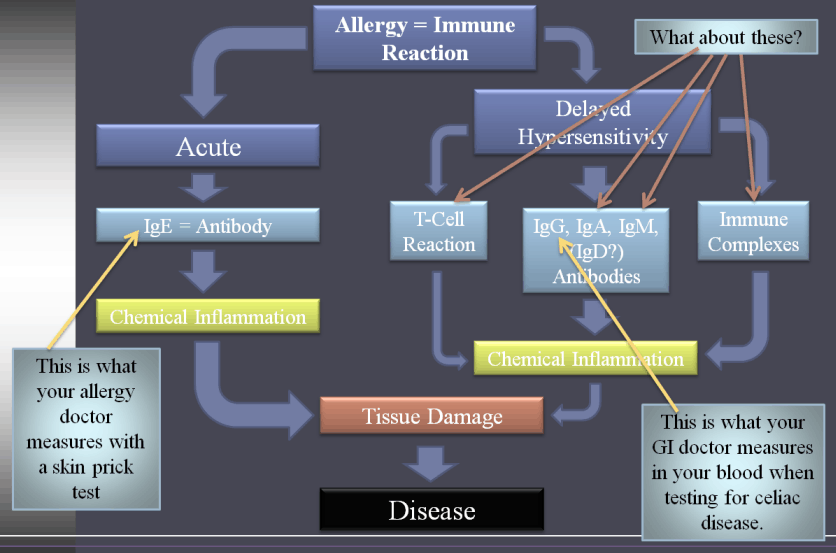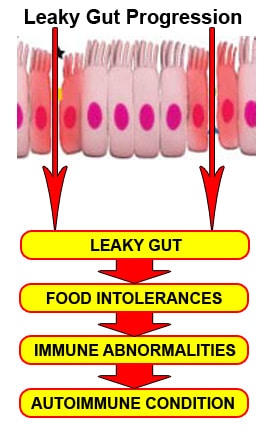new to the gluten free journey?
new to the gluten free journey?
Contents
Toggle
 Bottom line – if you have had negative test results via biopsy of serum labs, you may still have gluten sensitivity. The most accurate way to get a meaningful diagnosis is genetic testing or using an elimination diet. You may also want to take this quick quiz <<<==
Bottom line – if you have had negative test results via biopsy of serum labs, you may still have gluten sensitivity. The most accurate way to get a meaningful diagnosis is genetic testing or using an elimination diet. You may also want to take this quick quiz <<<==
Stay up-to-date with the latest articles, tips, recipes and more.

*These statements have not been evaluated by the Food and Drug Administration. This product is not intended to diagnose, treat, cure or prevent any disease.
If you are pregnant, nursing, taking medication, or have a medical condition, consult your physician before using this product.
The entire contents of this website are based upon the opinions of Peter Osborne, unless otherwise noted. Individual articles are based upon the opinions of the respective author, who retains copyright as marked. The information on this website is not intended to replace a one-on-one relationship with a qualified health care professional and is not intended as medical advice. It is intended as a sharing of knowledge and information from the research and experience of Peter Osborne and his community. Peter Osborne encourages you to make your own health care decisions based upon your research and in partnership with a qualified health care professional.
4 Responses
Here’s another article on gluten, carbs and schizophrenia:
Schizophrenia, gluten, and low-carbohydrate, ketogenic diets: a case report and review of the literature
Bryan D Kraft 1 and Eric C Westman 2
ABSTRACT: We report the unexpected resolution of longstanding schizophrenic symptoms after starting a low-carbohydrate, ketogenic diet. After a review of the literature, possible reasons for this include the metabolic consequences from the elimination of gluten from the diet, and the modulation of the disease of schizophrenia at the cellular level.
Open Access article here:
http://www.ncbi.nlm.nih.gov/pmc/articles/PMC2652467/?tool=pubmed
Here’s another article on gluten, and alzheimers like dementia:
http://www.ncbi.nlm.nih.gov/pubmed/18097291
J Clin Gastroenterol. 2008 Jan;42(1):59-61.
Celiac disease diagnosed in the elderly.
Lurie Y, Landau DA, Pfeffer J, Oren R.
Significant sentences in the abstract:
Neurologic manifestation was suspected in 3 cases. Two female patients presented with cognitive decline that was attributed to Alzheimer dementia but ameliorated after the initiation of gluten-free diet. The third patient had peripheral neuropathy that completely resolved after the initiation of gluten-free diet.
I know that these are the values of the genes in order to be diagnose with celiac disesase:
1. Heterozygote (single copy)
-DQA1*05:XX with DQB1*02:01
-DQA1*05:XX with DQB1*02:02
-DQA1*03:XX with DQB1*03:02
2. Homozygous (2 copies)
-DQA1*02:01 with DQB1*02:02
Gene pairs equivocal for celiac are
1. Heterozygote (single copy)
-DQA1*02:01 with DQB1*02:02
2. Rare allele’s types of DQ2 and DQ8 other than those listed above
Could you tell me what are the values that you consider in order to diagnose celiac sensitivity?
Best regards,
Gemma.
Integrative Nutritionist
Gemma,
This is a concept that is discussed in detail here <<<
All the best,
Dr. O